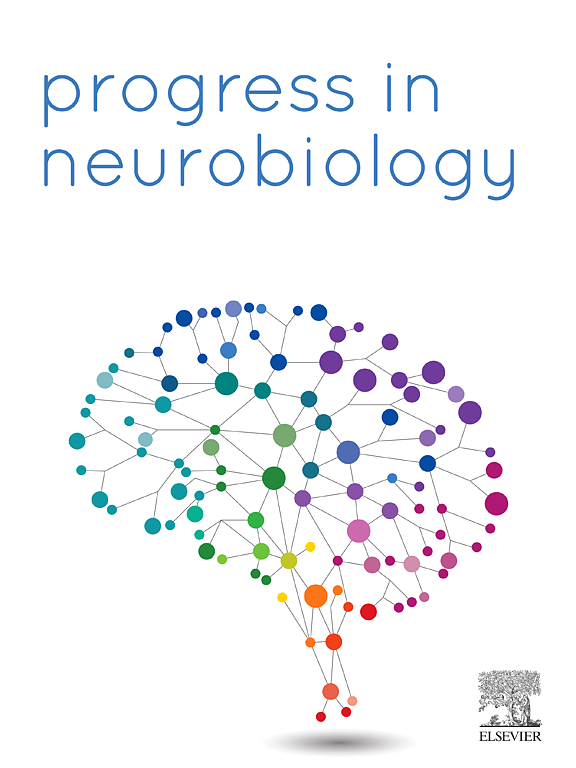Slumber under pressure: REM sleep and stress response
IF 6.1
2区 医学
Q1 NEUROSCIENCES
引用次数: 0
Abstract
Sleep, a state of reduced responsiveness and distinct brain activity, is crucial across the animal kingdom. This review explores the potential adaptive functions of REM sleep in adapting to stress, emphasizing its role in memory consolidation, emotional regulation, and threat processing. We further explore the underlying neural mechanisms linking stress responses to REM sleep. By synthesizing current findings, we propose that REM sleep allows animals to "rehearse" or simulate responses to danger in a secure, offline state, while also maintaining emotional balance. Environmental factors, such as predation risk and social dynamics, further influence REM sleep. This modulation may enhance survival by optimizing stress responses while fulfilling physiological needs in animals. Insights into REM sleep's role in animals may shed light on human sleep in the context of modern stressors and sleep disruptions. This review also explores the complex interplay between stress, immunity, sleep disruptions—particularly involving REM sleep—and their evolutionary underpinnings.
压力下的睡眠:快速眼动睡眠和应激反应
睡眠是一种反应能力降低、大脑活动明显的状态,在动物王国中至关重要。本文探讨了快速眼动睡眠在适应压力方面的潜在适应功能,强调了其在记忆巩固、情绪调节和威胁处理方面的作用。我们进一步探讨了应激反应与快速眼动睡眠之间的潜在神经机制。通过综合目前的研究结果,我们提出快速眼动睡眠允许动物在安全的离线状态下“排练”或模拟对危险的反应,同时也保持情绪平衡。环境因素,如捕食风险和社会动态,进一步影响快速眼动睡眠。这种调节可以通过优化应激反应来提高动物的存活率,同时满足动物的生理需求。对动物快速眼动睡眠作用的深入了解,可能会在现代压力源和睡眠中断的背景下,为人类睡眠提供启示。这篇综述还探讨了压力、免疫力、睡眠中断(特别是涉及快速眼动睡眠)及其进化基础之间复杂的相互作用。
本文章由计算机程序翻译,如有差异,请以英文原文为准。
求助全文
约1分钟内获得全文
求助全文
来源期刊

Progress in Neurobiology
医学-神经科学
CiteScore
12.80
自引率
1.50%
发文量
107
审稿时长
33 days
期刊介绍:
Progress in Neurobiology is an international journal that publishes groundbreaking original research, comprehensive review articles and opinion pieces written by leading researchers. The journal welcomes contributions from the broad field of neuroscience that apply neurophysiological, biochemical, pharmacological, molecular biological, anatomical, computational and behavioral analyses to problems of molecular, cellular, developmental, systems, and clinical neuroscience.
 求助内容:
求助内容: 应助结果提醒方式:
应助结果提醒方式:


